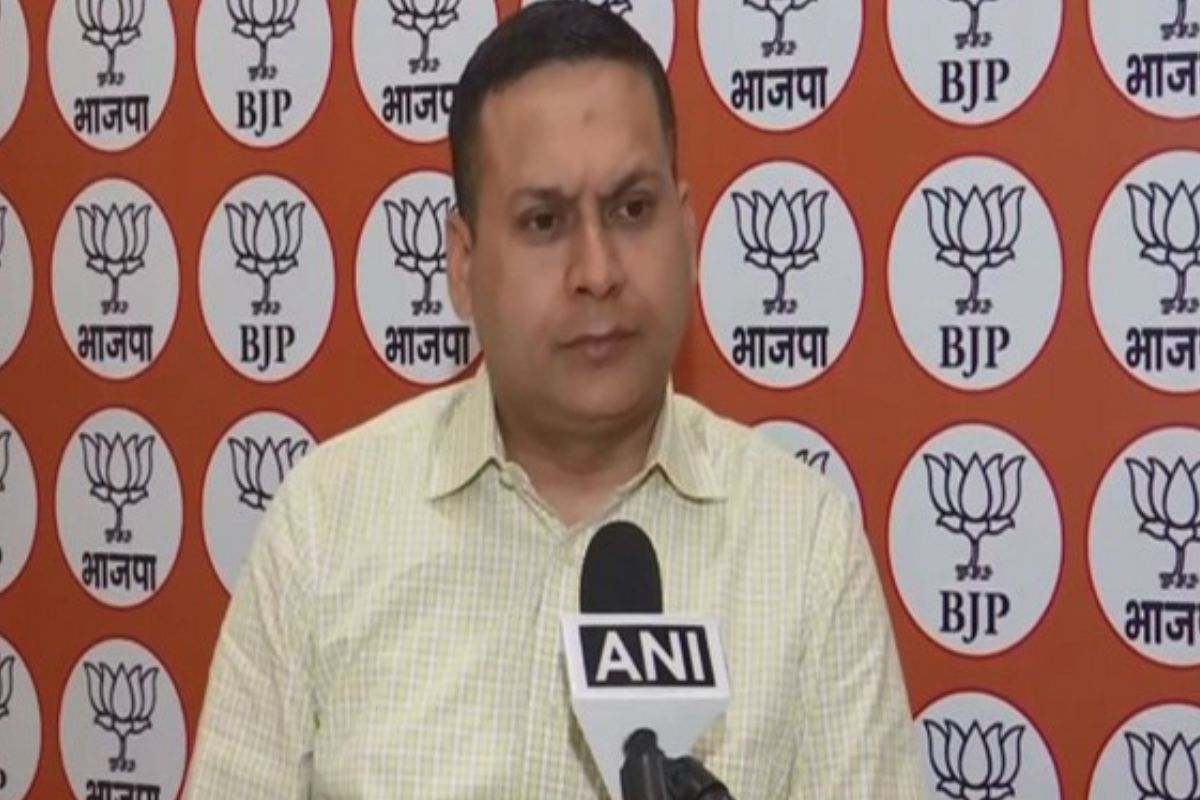Amit Malviya, BJP’s West Bengal co-observer and national IT in-charge, has criticized the West Bengal government’s recent actions, accusing chief minister Mamata Banerjee of targeting medical institutions that have been vocal in their protests against her administration.
On 16 August, Malviya claimed that the state’s health ministry issued an eight-page list of transfer orders, exacerbating an already tense situation. According to Malviya, the transfer orders specifically target Kolkata Medical College and Calcutta National Medical College, which he described as the epicenters of protests against what he terms Banerjee’s “fascist regime.” These institutions have been at the forefront of opposition to the government, with staff and students alike expressing dissent over various policies,” he said. The list included the transfer of five professors from these prestigious colleges to institutions in Siliguri, Tamluk, Jhargram, and other locations. Malviya asserted that this move is a calculated attempt by the state government to intimidate the senior doctor community and suppress any form of resistance or criticism.
Advertisement
“This is a desperate attempt to scare the senior doctor community into submission,” Malviya stated, questioning the motive behind these transfers. He further demanded to know what Mamata Banerjee is trying to conceal through these actions, suggesting that the chief minister’s efforts to silence dissent indicate a deeper issue within the state’s administration.
BJP national spokesperson Shehzad Poonawalla today said that instead of addressing the rapists, murderers, and vandals, who attacked R G Kar Medical College, the Trinamul government is targeting common citizens, doctors and media professionals advocating for justice.
“Focus has shifted from ‘Beti Ko Mat Bachao’ to ‘Keval Balatkari Ko Bachao’ in Bengal. Mamata Banerjee has taken this campaign to such extremes that the TMC has become synonymous with “Talibani Mujhe Chahiye,” Poonawalla said. We strongly condemn Mamata Banerjee for the unjust transfer of faculty who supported the protest. These punitive measures will not silence our demands for justice and security. We stand united and resolute in our fight.”
He referred to this as a clear display of authoritarianism, labeling it “Talibani dictatorship, par excellence,” he further said.
The repercussions of the R G Kar Medical College incident have already reached Delhi, sparking nationwide outrage. Now, the Akhil Bharatiya Vidyarthi Parishad (ABVP) has taken to the streets of Delhi, demanding the resignation of Mamata Banerjee. The saffron brigade’s student and youth wing erupted in anger, calling for a march towards the West Bengal Bhawan, questioning, “Why hasn’t the chief minister resigned? Why haven’t the culprits been hanged?”
The streets of the capital echoed with their protests. The ABVP workers and supporters clashed with the police, breaking through barricades in the process. The gathering began at 12.30 pm, with the police ready and prepared. As the marchers advanced, the uniformed officers blocked their path. Delhi’s Hailey Road was sealed off with a three-tier security arrangement, and the roads were barricaded. A large police force was deployed in the area, and water cannons were kept on standby, indicating that they would be used if the situation spiraled out of control. Despite the tight security, the protesters managed to break through the first barricade. In the midst of this, paramilitary forces were also seen on the ground, working alongside the police to contain the protesters who were determined to reach West Bengal Bhawan.









